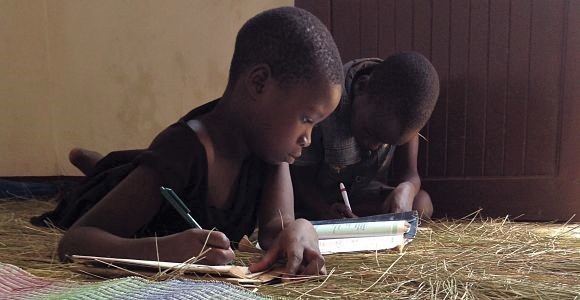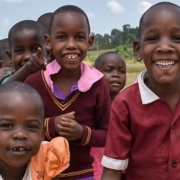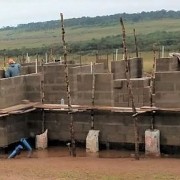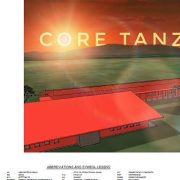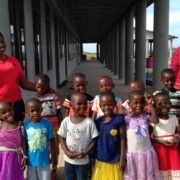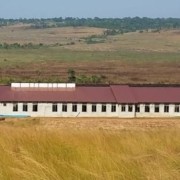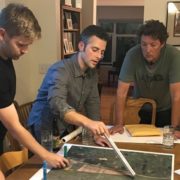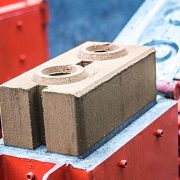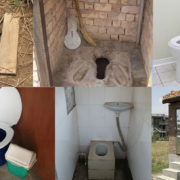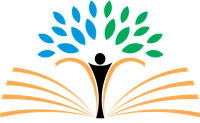December Progress Report
We’re continuing to move forward in our preparations to build Twegashe Primary School! Here are some excerpts from our December newsletter about the progress we are making.
Design and construction
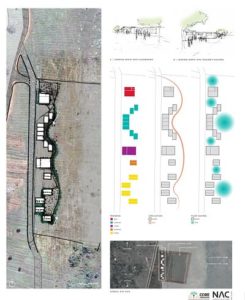 Much of our time and energy this fall was spent in planning for construction. We had several meetings with the volunteer architects from NAC Architecture who are helping us pro bono on this project. We were impressed with the research they have done into the culture of the Bahaya tribe as they strive for a design that reflects this local culture. They’ve produced drawings of several possible school layouts, and will soon move into the building design phase.
Much of our time and energy this fall was spent in planning for construction. We had several meetings with the volunteer architects from NAC Architecture who are helping us pro bono on this project. We were impressed with the research they have done into the culture of the Bahaya tribe as they strive for a design that reflects this local culture. They’ve produced drawings of several possible school layouts, and will soon move into the building design phase.
We were very fortunate to have a friend of ours, Bill Suhr, who is a trained architect and professional builder, volunteer to spend an extended time in Tanzania supervising our construction project. We will be traveling to Tanzania for two weeks with Bill at the end of January to gather construction information. We’ll be visiting several schools across the northern part of Tanzania to look at their facilities and observe their construction methods. Bill also wants to get a grasp of what sort of construction materials are available locally. While we are in the village, we’ll be taking more precise measurements on the plot of land we have been given by the villagers. This will help the architects to determine the optimum positioning of the school buildings.
Toilet technology
We made a breakthrough this fall in determining what latrine technology to use at Twegashe School. It’s been surprisingly hard to find a safe, economical, culturally appropriate, and environmentally friendly latrine, but we think we finally have the answer! It’s called a microflush biofil toilet, and it uses common worms to digest the waste into a compost that’s perfectly safe to handle. The professor who designed this toilet is connected with an organization called the Global Sustainable Aid Project. Their model is to train local toilet “makers” who can then set up a small business providing toilets to their community. The professor has agreed to train Bill in constructing these toilets. Bill will then train a local maker to build toilets for our school, and perhaps for other residents in the village as well.
Fundraising
Our other big focus this fall has been getting started on fundraising. We will soon be publicly launching a campaign to raise $500,000—enough to build the entire first phase of the school and teachers’ housing and operate the school for three years. To date we have raised $105,000 in donations and pledges. A huge thank you to those of you who have contributed to this encouraging start! We’re still waiting for the IRS to approve our 501(c)3 status. The last representative we spoke to said there’s a 90% chance we’ll have our approval by early February.
Partnerships
In an effort to spread the word about our project we’ve been reaching out to a few local schools, and this approach has borne fruit. The director of global education at Lakeside School in Seattle is interested in including our school as one of the sites their students can choose from for their month-long service-learning experience abroad. Students would be able to help with school construction in 2019 and in future years would work with students at Twegashe School. A group of current Lakeside students who spent time in Tanzania in previous years have also volunteered to create a crowd-funding campaign to raise funds for our project. We’re very happy to have these young people on board—students helping students!
Thank you very much for your interest and your support. We look forward to continuing to share our progress with you on this very exciting journey.
Asante sana!
Michael Banobi
CORE Tanzania Board President

